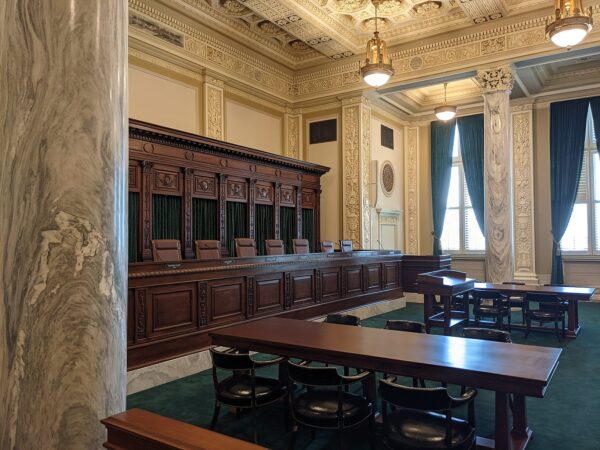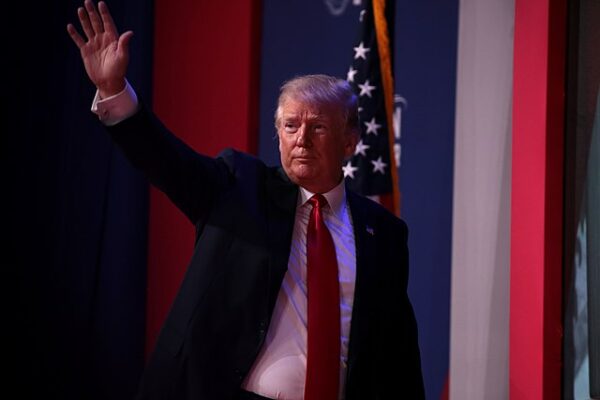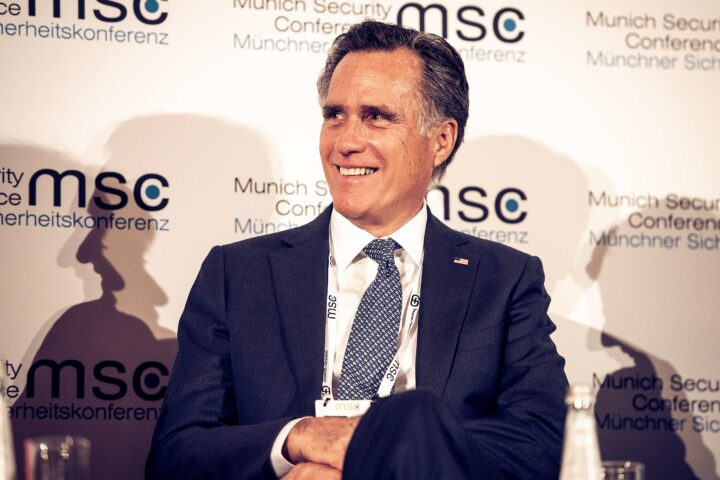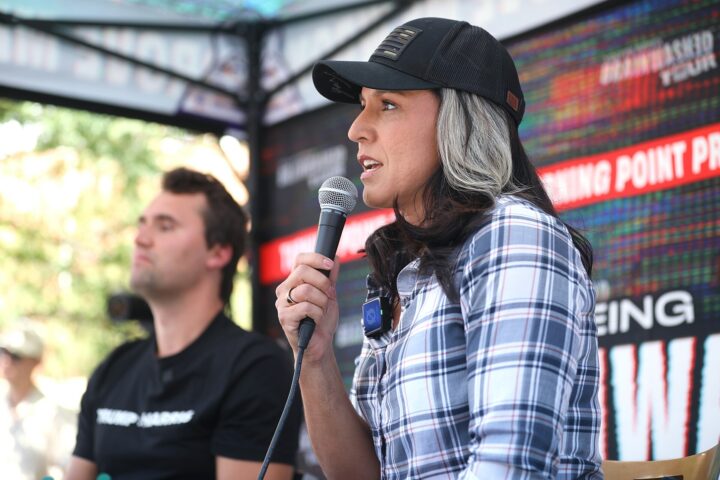A federal judge in Illinois has decided that the state’s ban on assault weapons is unconstitutional.
However, he’s delaying enforcement of this ruling for a month to allow time for an appeal. U.S.
District Judge Stephen McGlynn argued that the ban on assault-style firearms in the state clashes with the Second Amendment.
The law, known as the Protect Illinois Communities Act, prohibits the sale of certain assault weapons and high-capacity magazines. It also requires existing owners of these firearms to register them.
This legislation, effective from January 2023, bans numerous brands and types of rifles and handguns, alongside .50-caliber firearms and rapid-firing attachments. Furthermore, it restricts rifles to 10 rounds and handguns to 15.
Judge McGlynn, in deeming the ban unconstitutional, has issued a permanent injunction against its enforcement, delaying its effect for 30 days.
He sided with those challenging the ban, who claimed it doesn’t align with the Supreme Court’s guidelines and pointed out that these firearms are often used for self-defense.
“What is particularly disturbing is that the prohibition of weapons that are commonly owned and used by citizens are now banned, depriving citizens of a principal means to defend themselves and their property in situations where a handgun or shotgun alone would not be the citizen’s preferred arm,” he penned in a 168-page opinion.
Drawing parallels with safety measures in other areas, McGlynn stated, “Why do we protect ourselves with firearms? “Too often, the perils we face are forced upon us by other people. By people who are negligent, reckless, insane, impaired, or evil.”
He noted the uncertainties of life, saying sometimes help comes from police, healthcare professionals, or neighbors, but “sometimes, it is no one.”
Before the trial, McGlynn had temporarily blocked the ban, but a federal appeals court later overturned that. The Supreme Court declined to intervene in July, sending the case back to McGlynn, leading to a trial in September.







